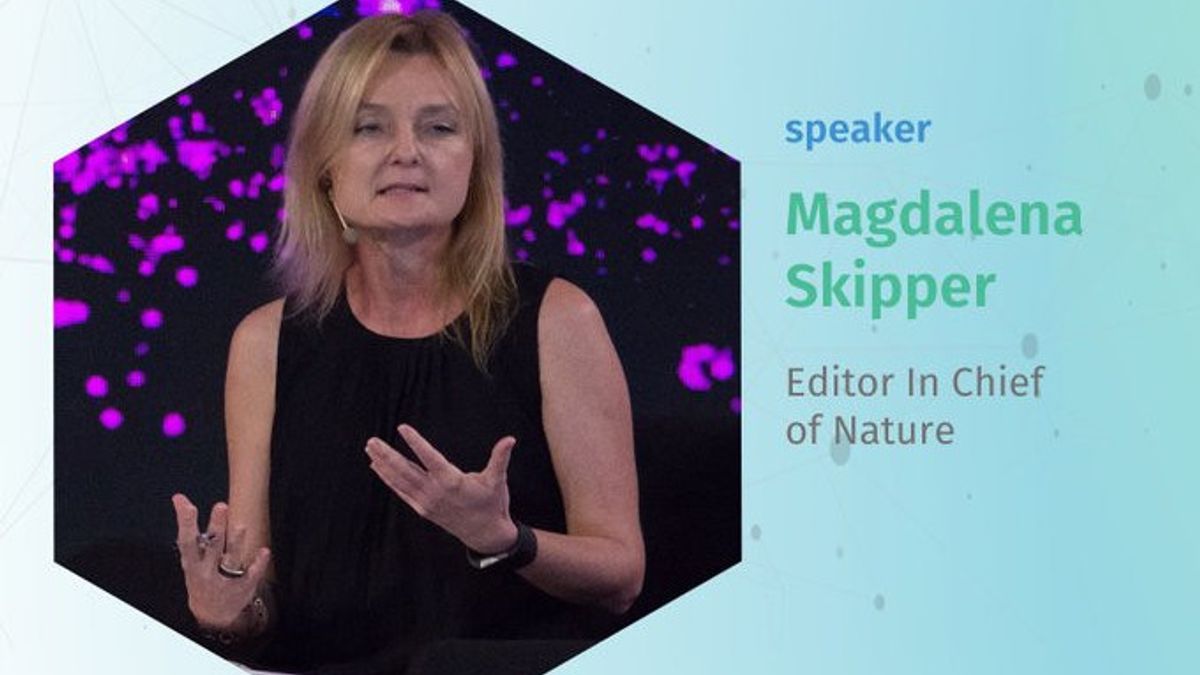JAKARTA - Springer Nature, the world's largest academic publisher, has clarified its policy of using AI (artificial intelligence) stationery in scientific papers. They announced this week that software like ChatGPT cannot be credited as a writer in a paper published in thousands of journals.
However, Springer says there is no problem with scientists using AI to help write or come up with ideas for research, as long as this contribution is properly expressed by the authors.
We feel compelled to clarify our position: for our authors, for our editors, and for ourselves, said Magdalena path, editor-in-chief of Springer Nature's flagship publication, Nature, told The Verge.
These new generation of LLM tools, including ChatGPT, have completely exploded into the community, which is really excited and playing with them, but also using them in ways that go beyond how the tool can really be used today, "the word
ChatGPT and a large language model (LLM) have previously been named authors in a small number of published papers, precasts, and scientific articles. However, the nature and level of the contributions of these tools vary from case to case.
In an opinion article published in the journal Oncoscience, ChatGPT is used to argue for taking certain drugs in the context of Pascal's bets, with AI-generated text clearly labeled.
But in a precast paper examining the bot's ability to pass the United States Medical License Test (USMLE), the only acknowledgment of bot contributions is a sentence stating that the program "contributes to writing parts of this manuscript".
The English, Chinese, Japanese, Arabic, and French versions are automatically generated by the AI. So there may still be inaccuracies in translating, please always see Indonesian as our main language. (system supported by DigitalSiber.id)













